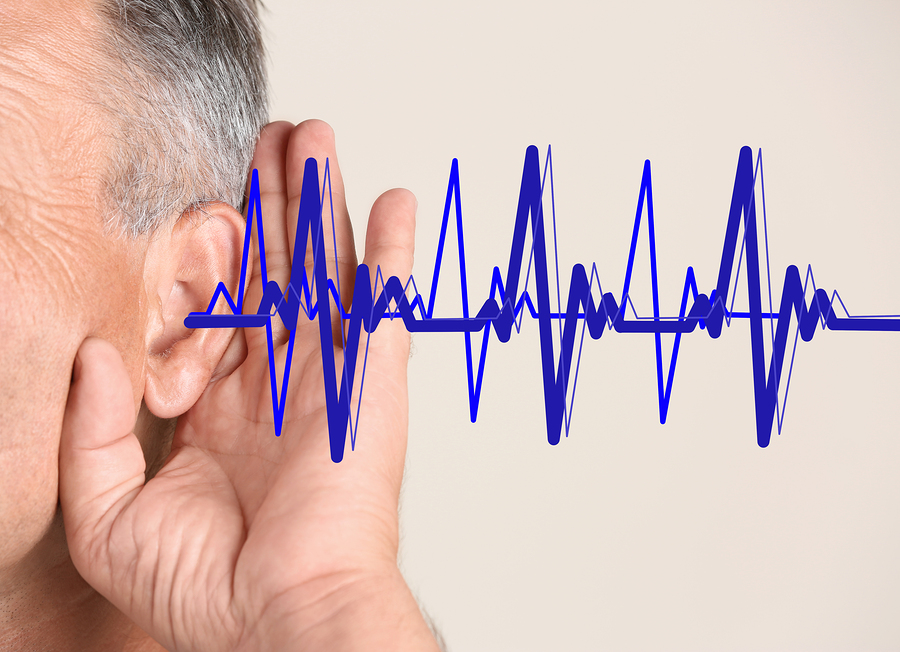Unveiling the Unheard: Discovering Lesser-Known Facts About Your Ears
The human ear, a marvel of biological engineering, is often celebrated for its role in our ability to hear and maintain balance.
However, beyond its familiar functions, the ear harbors a trove of intriguing and lesser-known details that continue to captivate researchers, audiophiles, and curious minds alike. Let’s dive into the hidden world of your ears and unveil some remarkable facts that might just surprise you.
1. The Ears Never Rest
While our eyes might close for restful moments, our ears remain ever vigilant. The auditory system operates 24/7, even during sleep. This ensures we can detect important sounds, like alarms or danger signals, without interruption.
2. Ears Aid Balance
The inner ear plays an essential role in maintaining balance. It houses the vestibular system, comprising fluid-filled canals and tiny sensory hairs that help us perceive motion and spatial orientation. This system is pivotal in helping us stand, walk, and perform complex movements.
3. Sound Localisation Expertise
 Ever marveled at how you can pinpoint the source of a sound? Your ears possess a remarkable ability to determine the direction of incoming sounds. This feat is accomplished through the brain’s analysis of subtle time and volume differences between the ears.
Ever marveled at how you can pinpoint the source of a sound? Your ears possess a remarkable ability to determine the direction of incoming sounds. This feat is accomplished through the brain’s analysis of subtle time and volume differences between the ears.
4. Protection Mechanisms
Ears are equipped with an ingenious protection system. The middle ear contains the smallest bones in the human body, known as the ossicles (the hammer, anvil, and stirrup), which work as a mechanical amplifier. Additionally, the acoustic reflex dampens loud sounds by contracting certain muscles in the ear to reduce sound transmission.
5. More Than Meets the Eye
The ear’s intricate design doesn’t stop at the visible outer ear. Beyond the lobes, there’s a complex system of canals, chambers, and tiny structures inside. The cochlea, resembling a snail shell, is responsible for translating sound vibrations into electrical signals for the brain to interpret.
6. Everyone Hears Differently
The perception of sound is highly subjective, varying from person to person. Factors like genetics, age, and exposure to loud noises influence how we experience and interpret sounds. This uniqueness has inspired the field of psychoacoustics, exploring the psychological and physiological aspects of sound perception.
7. Ears and Emotions
The auditory system can evoke powerful emotional responses. Certain sounds, like music or a loved one’s voice, can trigger memories, emotions, and even physical reactions. This connection between sound and emotion is utilised in various therapeutic practices, including music therapy.
8. Persistent “Ringing”
 Have you ever experienced a faint ringing in your ears? This phenomenon, known as tinnitus, is the perception of sound without an external source. It can be caused by exposure to loud noises, ear injuries, or even certain medications. Despite its prevalence, researchers are still unraveling the complex mechanisms behind tinnitus.
Have you ever experienced a faint ringing in your ears? This phenomenon, known as tinnitus, is the perception of sound without an external source. It can be caused by exposure to loud noises, ear injuries, or even certain medications. Despite its prevalence, researchers are still unraveling the complex mechanisms behind tinnitus.
9. Ears Never Stop Growing
While most of our body’s growth slows down after adolescence, our ears continue to grow throughout our lives. The cartilage in the ears gradually expands, leading to larger ears in older individuals.
From their role in our sense of balance to the intricate mechanisms that enable us to appreciate music, our ears are a gateway to a rich world of sensory experiences. As science advances, our understanding of these hidden aspects of hearing deepens, further emphasising the incredible nature of this often-overlooked organ.




















